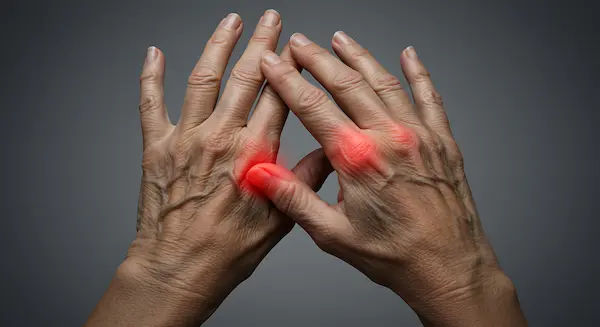- Female
- 23 Years
- 29/01/2025
I've been having these evening fevers ranging from 99 to 99.8 for the past five days, and it usually happens between 6 and 10 at night. But then in the mornings, my temperature is back down to around 97 or 98. What could this mean?
More General Physician/ Internal Medicine Health Queries
View allI've been prescribed augmentin 650mg to take three times a day, but what should I do if it's not available? Is there any other antibiotic I could use instead?
Its widely available,if not you can try with Amoyclav 650mg
read more![Doctor 1]()
![Doctor 2]()
Answered by 1 Apollo Doctors
I'm trying to find out what's the right dose of Zentel deworming tablets for adults and how often I should be taking them. Also, are there any side effects I should be aware of? This whole deworming thing makes me a bit anxious. Could you please guide me?
The ideal dose of Zentel (brand name for albendazole) deworming tablets for adults is 400mg as a single dose. It is usually taken once, and may be repeated after 2 weeks if necessary. Some possible side effects of albendazole include nausea, vomiting, abdominal pain, headache, dizziness, and temporary hair loss.
read more![Doctor 1]()
![Doctor 2]()
Answered by 1 Apollo Doctors
Can you tell me if it's okay to take Revital H every day? Are there any side effects I should be worried about, like anything that could affect my body or internal organs?
Yes you can take.
read more![Doctor 1]()
![Doctor 2]()
Answered by 1 Apollo Doctors
Disclaimer: Answers on Apollo 247 are not intended to replace your doctor advice. Always seek help of a professional doctor in case of an medical emergency or ailment.






